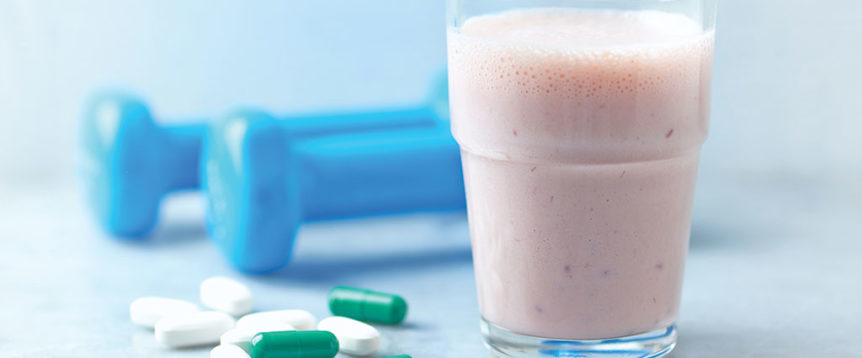› What is it?
L-carnitine is an amino acid produced in the body that is important for energy, as well as heart, brain and muscle function. The body can convert L-carnitine to other compounds, including acetyl-L-carnitine and propionyl-L-carnitine; “carnitine” is the umbrella term for all these substances.
› Health benefits
L-carnitine’s main role in the body is to generate energy in the mitochondria. Research has suggested that it has health benefits in the following areas:
Aging
Aging is believed to be partly due to a decline in mitochondrial function. Studies on rats showed that high doses of carnitines reduced this rate of decay, with the rats becoming more active and showing memory improvements. Other studies suggest that carnitines may improve mental function in older adults with mild cognitive impairment and Alzheimer’s disease.
Cardiovascular disease
Several studies have suggested that L-carnitine might have beneficial effects on the cardiovascular system under certain circumstances. More research is needed to fully understand its effects on cardiovascular health.
Cancer
Carnitine supplements helped with chemotherapy-related fatigue, mood and quality of sleep in a pair of studies on cancer patients.
Diabetes
Early research suggests that intravenous L-carnitine may improve insulin sensitivity in diabetics and may lower glucose levels in the blood.
HIV
Some studies suggest that carnitine supplementation may slow HIV progression, but more research is needed in this area.
Male fertility
Studies have shown that carnitine supplementation improves sperm quality and increases concentration and motility of sperm. However, there are conflicting results in the research in this area.
› How much do I need?
The liver and kidneys produce enough L-carnitine to meet most healthy people’s daily needs. If supplementing, be sure to follow relevant directions on product labels, and consult your pharmacist, physician or other healthcare professional before using.
› In food
Animal products, particularly red meat, are good sources of L-carnitine. Four ounces of cooked ground beef has 87 to 99 milligrams. It’s also found in poultry, fish and milk products.
› Dietary supplements
L-carnitine can be found in capsule form, usually in doses of 2 to 6 grams. Supplementation is considered safe and is generally well-tolerated.
Source: Office of Dietary Supplements
Please consult your health care provider before making changes to your vitamin/supplement regimen.


